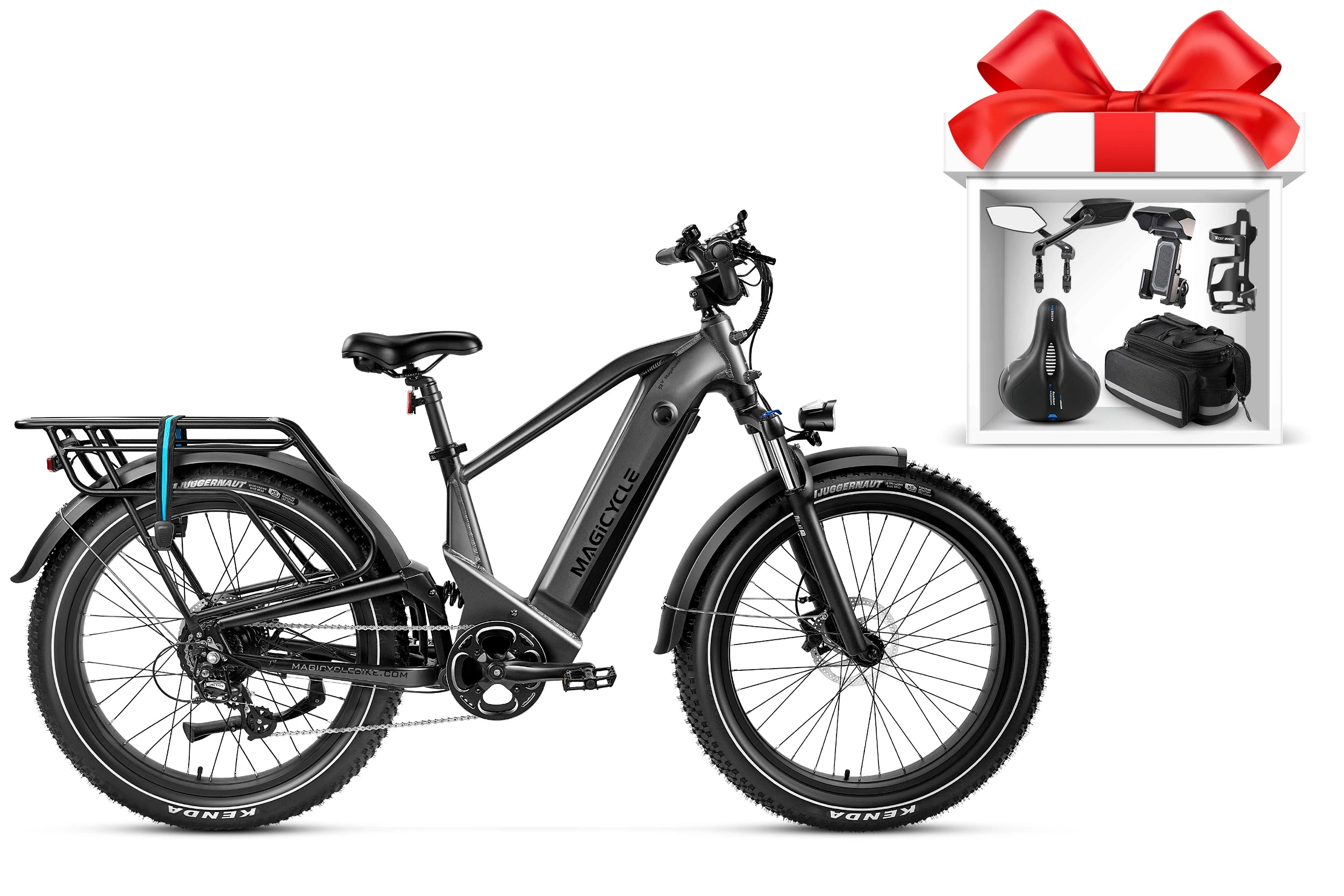In the rapidly evolving landscape of urban logistics, the concept of last-mile delivery has become a focal point for innovation. One of the most promising advancements in this arena is the emergence of electric cargo bikes. These versatile vehicles are transforming the way goods are transported in congested city environments, offering a sustainable and efficient alternative to traditional delivery methods.

The Need for Sustainable Urban Logistics
As cities grow and urban populations increase, the demand for efficient and eco-friendly delivery solutions has never been higher. Traditional delivery trucks contribute significantly to traffic congestion, air pollution, and noise levels. Electric cargo bikes present a compelling solution to these challenges. By utilizing electric power, these bikes reduce carbon emissions and offer a quieter, more nimble option for navigating crowded streets.
Advantages of Electric Cargo Bikes
Electric cargo bikes bring a multitude of benefits to the table. Firstly, their compact size allows them to maneuver through tight spaces and avoid traffic jams, ensuring faster delivery times. Additionally, the electric assist feature enables riders to cover longer distances with less physical effort, making them a practical choice for urban deliveries.
Moreover, electric cargo bikes are cost-effective. They require less maintenance compared to traditional vehicles and have lower operational costs, as electricity is cheaper than gasoline. This makes them an attractive option for businesses looking to optimize their delivery operations while minimizing expenses.
Real-World Applications
Electric cargo bikes are already being utilized in various sectors around the globe. For instance, grocery stores are using them to deliver fresh produce to customers' doorsteps, ensuring timely and eco-friendly service. Similarly, e-commerce companies are leveraging these bikes to fulfill online orders, reducing their carbon footprint and enhancing delivery efficiency.
Another notable application is in the courier industry, where electric cargo bikes are being used to transport documents and small packages within city limits. This not only speeds up the delivery process but also reduces the environmental impact associated with traditional delivery vans.
Challenges and Future Prospects
While the rise of electric cargo bikes is promising, there are challenges to address. Infrastructure improvements, such as dedicated bike lanes and charging stations, are essential to support widespread adoption. Additionally, regulatory frameworks need to evolve to accommodate these new vehicles and ensure their safe integration into urban traffic.
Looking ahead, the future of last-mile delivery appears bright with the continued development of electric cargo bikes. Innovations in battery technology and bike design are expected to further enhance their performance and range. As cities become more committed to sustainability, the adoption of electric cargo bikes is likely to accelerate, revolutionizing urban logistics and contributing to a greener future.
Conclusion
In conclusion, the rise of electric cargo bikes is revolutionizing last-mile delivery by offering a sustainable, efficient, and cost-effective solution to urban logistics challenges. As businesses and cities embrace this innovative mode of transportation, we can expect to see significant improvements in delivery efficiency, reduced environmental impact, and enhanced quality of life in urban areas. The journey towards a more sustainable future is well underway, and electric cargo bikes are leading the charge.








